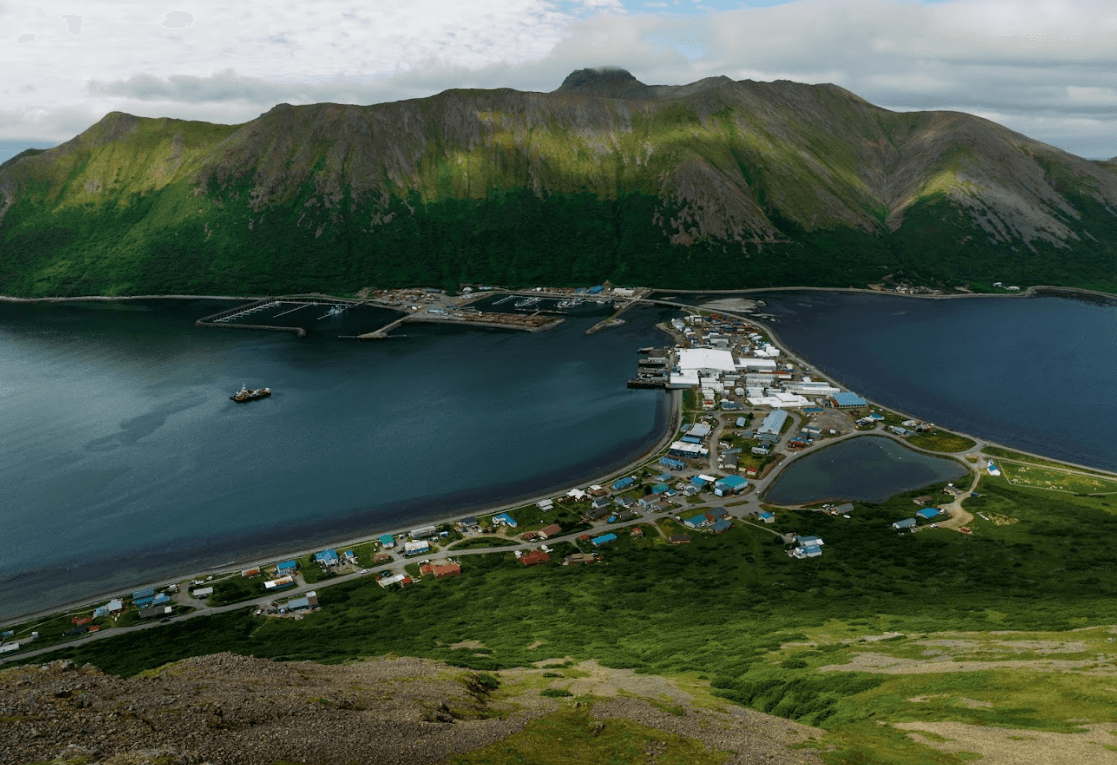
Wealth Tax CounterstrikeFeb 18
a union thug and his cabal of communist academics have awoken a sleeping giant: behold, your first look at the billionaire counterattack in the war for california’s future
Mar 25, 2023

A small Aleut village in Alaska, dangerously isolated from the rest of the country, wants a road to the nearest airport so they can make it to the hospital in times of medical emergency. Unfortunately for them, environmentalists believe this will harm the local wildlife. Caving to pressure, the Biden Administration has sided with the local bird habitats.
River Page reports.
-Solana